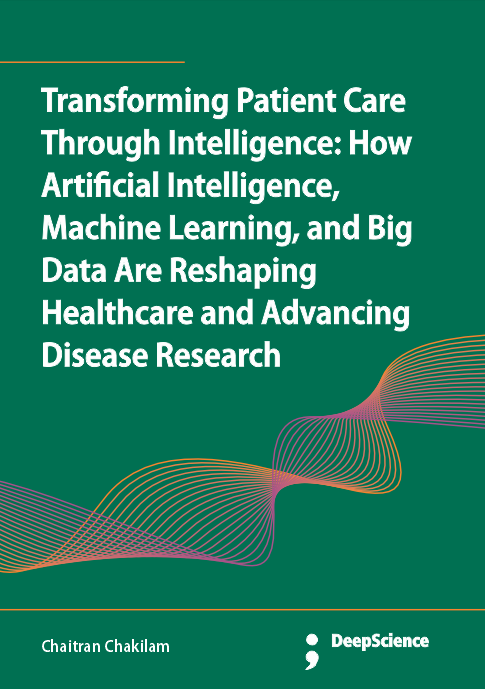The role of big data analytics in understanding population health and social determinants of disease
Synopsis
Many organizations, systems, businesses, and institutions are inundated with ever-increasing amounts of data and information. In the health sector, monitoring changes in population health data can provide guidance on resource management, policy adjustment, and disease control. This article analyzes and discusses examples of big health data analytics, and some needs and directions for improving the use of big data for health analytics in the context of the currently ongoing epidemic situation in China. With the widespread use of the Internet, a huge amount of health data is generated. Of particular note are several main types of health data: hospital health records, electronic health records, health insurance claim records, medical records and results of clinical trials. Most health data are now being stored in electronic form, making it accessible and facilitation. Health data are more complex than many other types of data due to their privacy and relevance.
Software, hardware, and network infrastructures are integrated with public health practice and data resources to strengthen information processing and storage capabilities. Active cooperation between academia, scientific research labs, and government regulatory agencies could foster the development of databases and data standards for emerging areas. The introduction of new models of data sharing and collaboration, supported by strong privacy and safety measures, could stimulate valuable analytic research and maximize the social utility of research data. Public Health Potential Realization in Big Data Era: Expansion of the conceptual domain of public health to include other public sector and private sector actors influencing population health outcomes; The integration of traditional public health and big data analytics frameworks through systematic attention to context; The adoption by Big Data of traditional public health values, including attention to actionable knowledge, equity, and the importance of empirical validation in the knowledge-production process.
The introduction of the Big Data concept in the healthcare sector indicates a great challenge and potential. The Big data analytics solutions are developing rapidly and are greatly practical. The goal is to indicate the importance of analyzing and processing large volumes of data that go beyond the typical ways of storing and processing information in the healthcare system.














